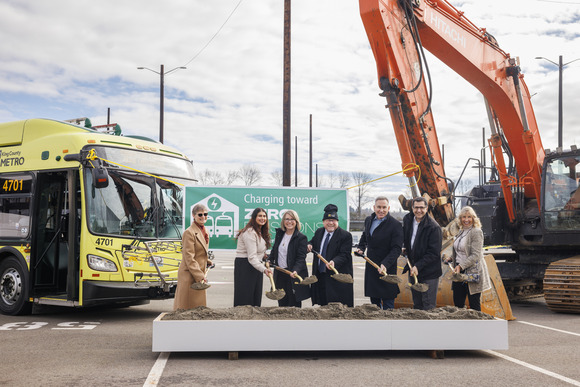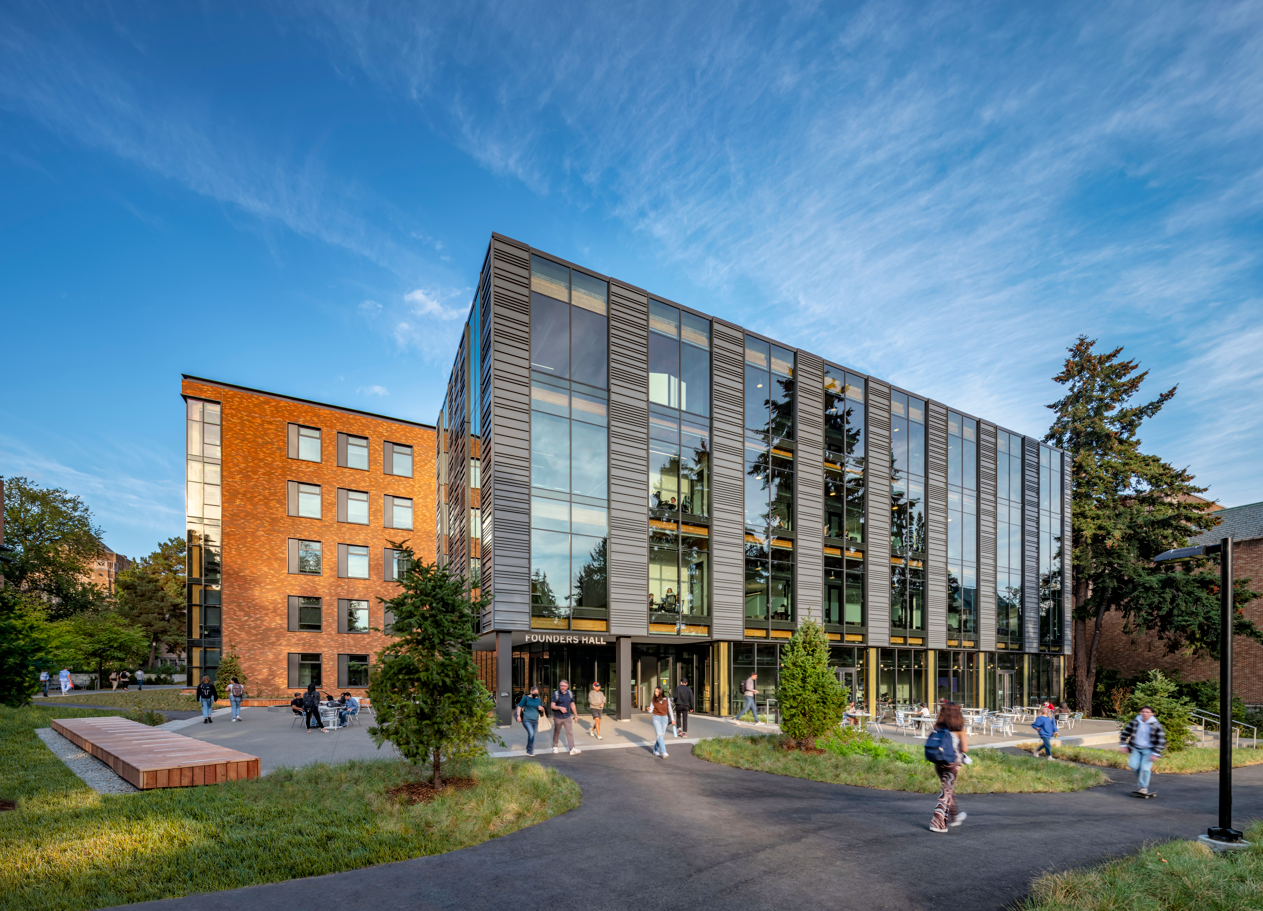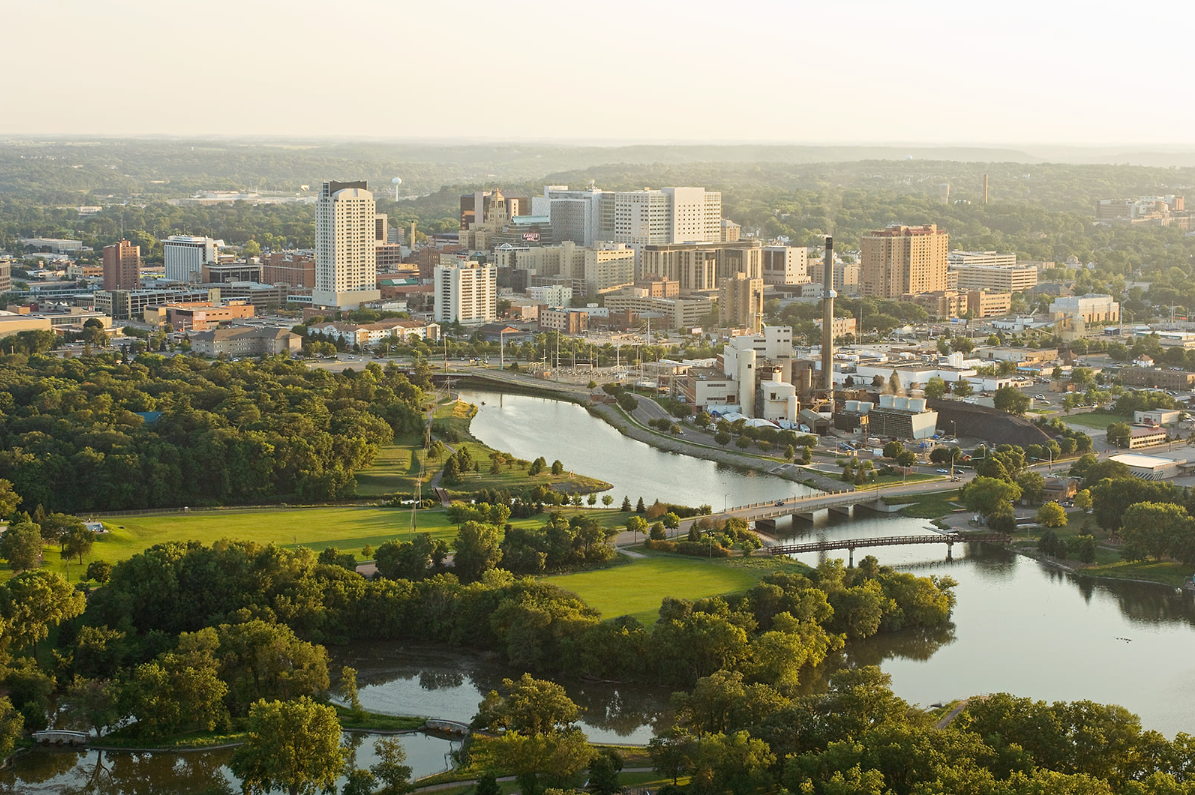- All Posts
- Accelerating Our Pace of Change
Accelerating Our Pace of Change
The path forward requires urgency, energy and leveraging our collective impact
By Ash Awad, President and Chief Market Officer
April marks Earth Month — a time to celebrate actions and reflect on what collectively needs to be done to sustain our planet. I want to take a moment to reflect on the state of our efforts and how we are balancing the difficult challenges we face with enthusiasm about what is possible for our future. Though I do have considerable space in my mind for optimism as we press forward — which is the only direction we can look — I want to take a moment to stress what is at stake in our world currently.
Climate issues have historically had an outsized impact on the poorest and most marginalized members of our planet. In countries and regions that don’t have the infrastructure or ability to proactively address climate change trends, the elevated impacts of rising temperatures have been present for years. Between pollution, ongoing heat crises, rising sea levels, and a myriad of other environmental impacts, the presence of climate change has been a part of these communities for years, if not decades. And the impacts are getting worse on those communities.
As the planet continues to respond to the impact of excess carbon emissions, climate change is now impacting everyone, independent of access to resources or infrastructure. Across coastal towns in the Northeast, rising ocean temperatures and levels have moved a horizon-bound water line to encroach on owners’ front steps. In one such area in Salisbury, Massachusetts, even building an expensive sand dune to protect waterfront homes couldn’t survive the test of a single storm.
Death from heat strokes and other heat-related complications has increased by over 50% in the last five years. In southern US cities, where this type of extreme heat has become common, many cities have chosen to launch “Chief Heat Officer” roles focused specifically on ensuring worker safety during increasingly warm working conditions. A position arguably unnecessary in previous ecological situations, this has become a new and legitimate need in the face of rising temperatures throughout the south.
And the list of climate-change related calamities is long, including wildfire seasons, newly established flood zones, extra extreme hurricanes and so on. No longer are these weather calamities in far-off lands or part of the US that are flown over — they affect us all, everywhere, with devasting impacts.
Ok, here is the good news — climate change denial is being usurped by facts and action, and the solutions are ever more obvious and economically viable (in both the short and long terms). We have seen the impact of off-the-shelf solutions clearly articulated in terms of results, while technological improvements reduce their cost profile to allow for more people to take advantage of them. We can focus today on building infrastructure that will both improve the current state of the world and create systems and solutions that will be invaluable for the future of the planet over the coming decades.
To match the pace of change, we will need to act every day, not just in the month of April, to make small and big decisions with a sense of urgency and to lead with our actions instead of just our words. At McKinstry, although Earth Month offers a consistent and calendared reminder of our collective call to action, to match the pace needed for change we must be consistently unwavering in our commitment and intensity to remove the harm from the built environment every day of the year, as it is embedded in everything we do and touch. Here are some stunning examples of organizations that we have supported that understand the imperative to act now:
King County Metro — Interim Base Electrification
As a testament to how McKinstry can work within the commitments of our partners and clients, King County Metro’s commitment to shifting to electric-powered transit buses reflects a partnership dedicated both to utilizing alternative sources of energy and to supporting underserved communities.
University of Washington — Founder’s Hall
Following our work with the UW, providing mechanical and plumbing services within an Integrated Design-Build Delivery framework, Founder’s Hall was awarded a LEED Gold certification, using 79% less energy than traditional classroom buildings and 53% less water use.
City of Rochester — Landmark Revitalization
Rochester is an active leader and participant in the “We Are Still In” coalition, a nation-wide coalition of leaders focusing on enacting climate change in the US. Among their goals are a 30% reduction of greenhouse gases by 2025 and an 80% reduction of greenhouse gas emissions by 2050. In pursuit of these commitments, the city partnered with McKinstry to revitalize and optimize two of the city’s landmark buildings, with the opportunity to leverage energy, operational and maintenance savings, and have been able to realize close to 2,000 tons of carbon savings annually while saving $332k each year.
We all now see and feel the effects of climate change, we know the solutions are available and cost effective, and our actions need to occur now and with intensity. During Earth Month, join me in reflecting on how we (and you) can accelerate our collective impact. The problem we face is solvable, but that means we need to address the magnitude and extent of what we’re seeing. If not us, then who will take on this generational challenge?
Explore Other News

Breaking Barriers and Building the Future: Cat Catti’s Jo…
For Cat Catti, becoming an electrician wasn’t just about learning a trade—it was about following a passion for buildi…

Women in Construction Week 2025
Each year, McKinstry joins industry peers in celebrating Women in Construction (WIC) Week during the first week of Ma…

McKinstry Scores Major Wins from RENEW Wisconsin
McKinstry received three Clean Energy Honor Roll awards from RENEW Wisconsin, which recognized important solar work p…


